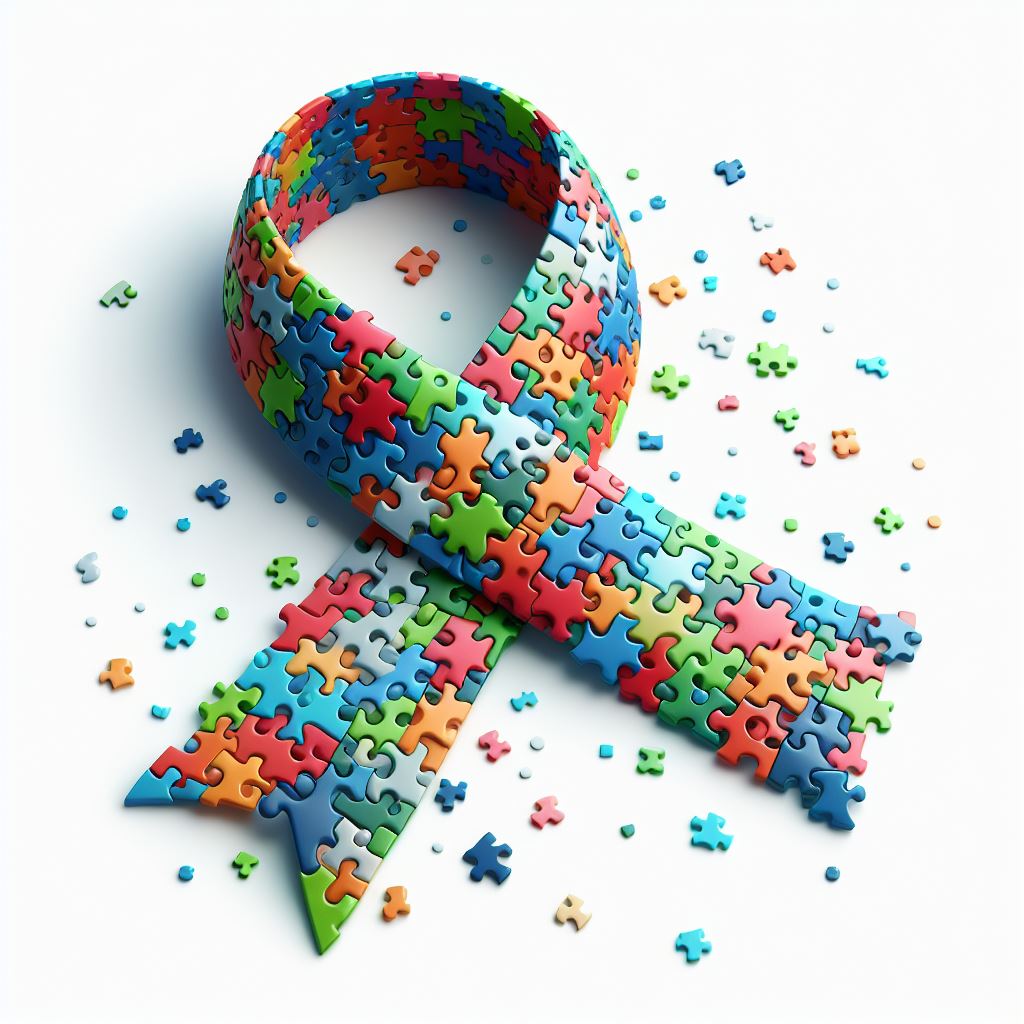The Relevance of Family Assistance in the Trip with Autism
The Relevance of Family Assistance in the Trip with Autism
Blog Article
Supporting People With Autism: Ideal Practices in Education And Learning and Incorporation
The assistance of individuals with autism within instructional setups requires a nuanced understanding of ideal methods that advertise inclusion and efficient understanding. Highlighting structured environments, tailored training strategies, and collective initiatives among teachers and households can dramatically improve the educational experience for students on the spectrum.
Understanding Autism Spectrum Disorder
Autism Spectrum Condition (ASD) is a complex neurodevelopmental condition defined by a variety of difficulties in social communication, interaction, and habits. autism. Individuals with ASD may exhibit a variety of attributes and signs, often causing a distinct account of staminas and problems. The range nature of the disorder suggests that signs can vary dramatically in severity, with some people needing substantial support while others may operate individually
ASD commonly shows up in very early childhood, with indications usually observable by the age of two or three. Common features include difficulties in comprehending social signs, obstacles in taking part in reciprocatory conversations, and a preference for routines or recurring actions. Sensory sensitivities are also widespread, impacting exactly how people procedure and react to sensory input from their atmosphere.
Recognizing these features is necessary for promoting reliable support approaches. Precise recognition of ASD symptoms can cause timely interventions that can substantially improve an individual's quality of life. Additionally, acknowledging the diverse methods which the condition materializes assists instructors, caregivers, and specialists tailor their techniques to satisfy the distinct requirements of each person on the autism spectrum.
Producing Inclusive Learning Settings
Creating an inclusive learning setting is essential for sustaining people with Autism Spectrum Disorder and promoting their scholastic and social success. Such atmospheres focus on approval, understanding, and collaboration amongst all pupils, cultivating a sense of belonging. This method requires the active participation of educators, peers, and parents, creating an area that values diversity and inclusivity.
To attain inclusivity, physical classroom plans should suit numerous sensory demands, providing peaceful areas and adaptable seating alternatives. Aesthetic supports, such as schedules and hint cards, can aid understanding and predictability, vital for many trainees with autism. Furthermore, executing clear assumptions and organized regimens helps in reducing anxiety and enhances learning opportunities.
Cooperation amongst staff is critical. Educators should engage in ongoing specialist growth to better understand autism and its ramifications for discovering. Producing collaborations with specialized specialists, such as speech specialists and work-related specialists, can further enhance the support supplied to pupils.
Eventually, promoting an inclusive discovering environment not just advantages students with autism but improves the instructional experience for all learners, advertising empathy, regard, and a much deeper understanding of private differences. This collective effort is necessary for cultivating a encouraging and appealing academic ambience.
Efficient Showing Methods
To efficiently support individuals with Autism Spectrum Problem in the class, educators need to use a variety of mentor approaches that provide to the unique learning designs and requirements of these students. One efficient strategy is the usage of aesthetic help, such as photographs, charts, and layouts, which can enhance understanding and retention of details. These tools help clear up complicated ideas and give a referral point for students.
In addition, executing organized regimens and clear expectations can create a sense of security and predictability, which is essential for several individuals with autism. It is also useful to include hands-on discovering possibilities, as these experiences can foster engagement and useful application of abilities.
Differentiated instruction should be a keystone of training approaches, enabling teachers to customize lessons to individual toughness and difficulties. look at this site Employing social tales can aid in developing social skills and understanding social cues, bridging interaction spaces.
Last but not least, regular comments and favorable reinforcement can motivate pupils and strengthen preferred habits. By integrating these techniques, teachers can create a efficient and comprehensive discovering setting that sustains the development and development of pupils with Autism Range Disorder.
Working Together With Family Members and Areas
Efficient collaboration with neighborhoods and households plays a vital duty in supporting people with Autism Spectrum Disorder. Involving them in the decision-making procedure makes sure that educational methods are customized to private strengths and obstacles.
Schools need to promote open interaction channels, such as regular conferences, workshops, and responses sessions, to foster a sense of area and depend on. Additionally, including neighborhood companies can offer access to resources and support solutions that prolong past the classroom, boosting social possibilities and ability development for individuals with autism.
Professional growth for educators need to additionally highlight the significance of family engagement and neighborhood cooperation. Training on culturally receptive methods can help teachers better comprehend and integrate varied family point of views. Ultimately, a collective approach not just equips family members yet additionally enriches the finding out experiences of people with autism, creating a helpful ecological community that advertises their total health and success.
Encouraging Social Skills and Communication
Promoting social skills and communication is necessary for people with Autism Spectrum Disorder, as these abilities are foundational for developing connections and browsing social contexts. Efficient techniques for boosting social competencies include structured social skills training, go to this web-site peer-mediated interventions, and using social stories.
Social abilities training programs can be tailored to address particular deficits such as starting discussions, comprehending non-verbal hints, and taking turns throughout interactions. These programs typically incorporate role-playing circumstances to supply sensible experience and feedback. Furthermore, peer-mediated interventions, where typically establishing peers are involved, can promote naturalistic social communications, cultivating a supportive setting for people with autism.

In addition, developing comprehensive atmospheres in colleges and neighborhood settings motivates possibilities for social involvement - autism. By advertising understanding and acceptance among peers, the possibility for meaningful interactions increases, eventually resulting in better social capability and psychological health for people with autism

Final Thought
In final thought, find here applying best techniques for sustaining people with autism in academic settings is crucial for promoting inclusion and understanding. Structured regimens, visual aids, and collaboration among teachers, households, and neighborhood organizations boost learning experiences and address individual needs.
The support of people with autism within educational setups demands a nuanced understanding of ideal practices that advertise incorporation and effective knowing.Creating an inclusive knowing environment is crucial for sustaining people with Autism Range Condition and promoting their social and scholastic success.To successfully support people with Autism Range Disorder in the class, educators need to employ a variety of teaching methods that provide to the special knowing styles and requirements of these trainees.Effective partnership with areas and families plays an important duty in supporting individuals with Autism Range Condition - autism. Additionally, peer-mediated interventions, where typically creating peers are involved, can promote naturalistic social communications, cultivating a helpful setting for people with autism
Report this page